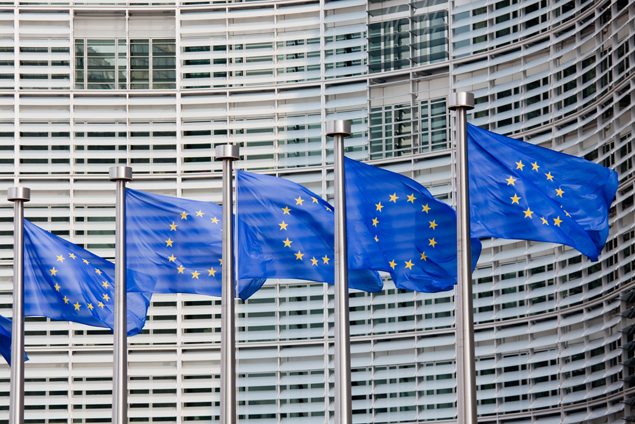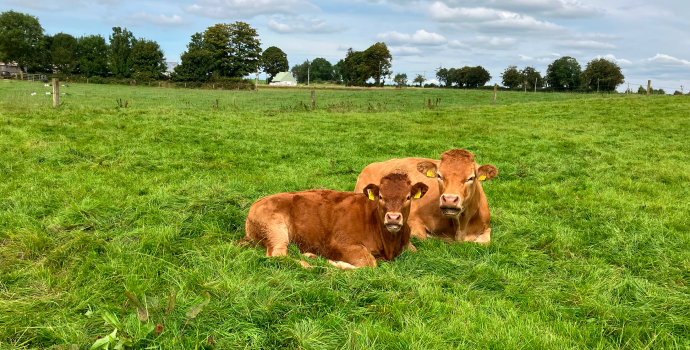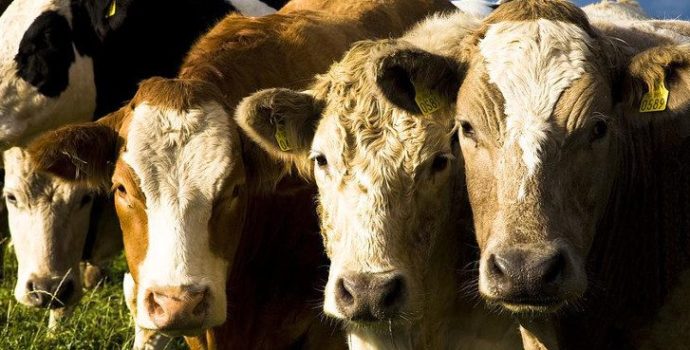
IFA President Tim Cullinan said the EU Commission must address the serious contradictions and lack of policy co-ordination under the Green deal, CAP and trade policies.
“Commissioner Wojciechowski admitted to MEPs that of all the sectors considered in the Cumulative Impact Assessment on EU Free Trade Agreements, the beef sector stands out as the most affected,” he said.
The study, conducted by the EU’s Joint Research Centre, updated the European Commission’s Assessment from 2016 and looks at the impact of 12 EU Free Trade Agreements with partner countries with modelling conducted out to 2030.
The report estimates the beef sector to reduce production by 0.5%. (tonnes)
“Under the Green deal, the EU is driving up costs and wants organic production standards at conventional prices, while at the same time under trade deals, the Commission is importing beef that fails to meet EU standards and would be illegal to produce in the EU.”
The IFA President said the Mercosur trade deal cannot progress and the existing access granted to beef not produced to our standards, including environmental, societal, traceability and animal health and welfare must be stopped.
IFA National Livestock Chairman Brendan Golden said the latest beef market tracker price shows Irish prices running 5c/kg ahead of the Export Benchmark Price, which is at €3.70/kg. This leaves beef prices up to 80c/kg below breakeven prices based on Teagasc calculations.
Brendan Golden said the full benefits of the strong supermarket trade for beef in the UK and throughout the EU is undermined by the acceptance of these substandard products to fill some of the demand.
UK supermarkets over the Christmas period increased beef sales by 1.4k/t or 18%, but Irish beef farmers are not seeing the full benefits of this as a result of the flawed and contradictory EU policies on trade.
He said this clearly highlights the dysfunction of the EU beef market caused by the double standards of policy makers who continue to ignore how beef is produced in these countries, while increasing demands on Irish beef farmers.
Brendan Golden said the EU Commission cannot defend current or future trade agreements when it shows that by 2030 beef imports into the EU can increase by up to 100,000t and in the process reduce beef prices for Irish and EU farmers by a further 2.2%, in a sector that is already accepted as extremely vulnerable and operating on a below cost basis.
He said this week factories are slowing the kill and attempting to ease prices with some quoting €3.80/kg for heifers. Most cattle are moving at a base of €3.80 for steers and €3.85/kg for heifers.
Predictions are for tighter supplies for the year ahead, with our kill projected to be down 80,000 on last year and UK prime cattle numbers projected to be back 5%. This should create a positive market environment for Irish beef if it’s not continually undermined by flawed EU trade policies.
He said at the same time Irish farmers are seeing the value of the CAP payments eroded through the inclusion of additional measures that reduce on farm efficiency and productivity.
He said Irish farmers produce to the highest standards demanded by the EU and must not be undermined in our key markets, where prices are depressed by the flood of cheap and substandard imports.
The EU cannot continue on the diverging paths of higher standards on Irish beef farmers and erosion of the value of the CAP while at the same time selling out on our key markets for beef.




